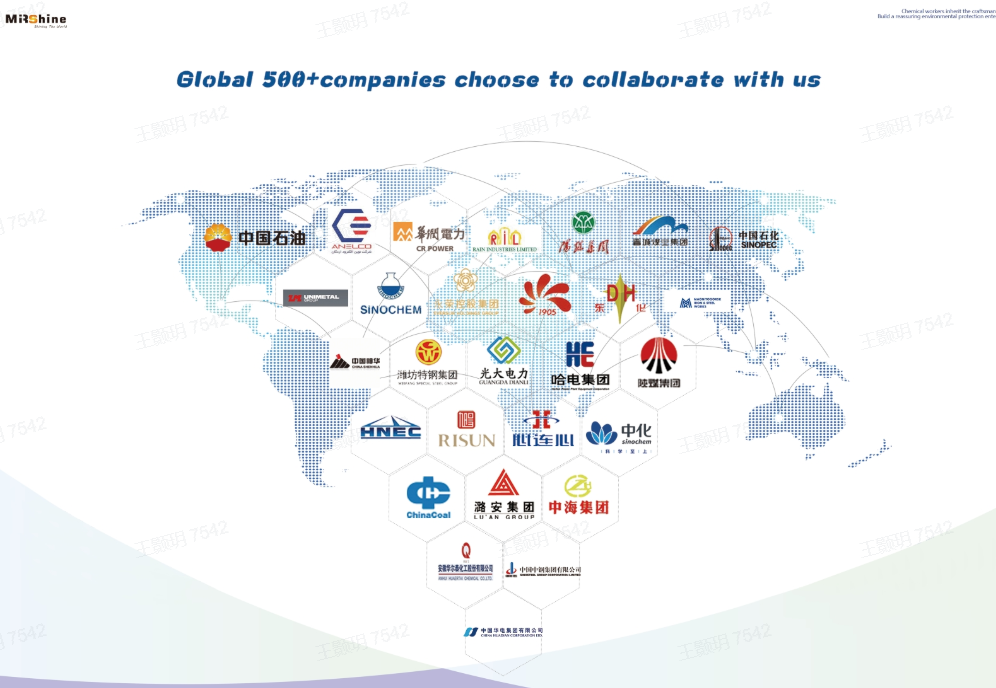desulfurization of petroleum
A critical process in the refining industry, petroleum desulfurization is introduced to reduce the sulfur content in crude oil and its derivatives. With this process it is possible to minimize environmental damage from sulfur emissions by removing those substances responsible for producing them - hydrogen sulfide and organic molecules which contain sulfur. Both these are bad for our atmosphere as well as human health. In desulfurization foci re technological can include an absorbing tower, a reformer, and a series of oxidation units. Processes are designed to transform sulfur compounds in such a way that they yield current by-products, like the working substances for making sulfur or sulfuric acid. Desulfurizing technologies can be introduced to many steps in refining petroleum, such as natural gas treating and hydrodesulfurization, as well as the catalyst crack process. The application of desulfurization embraces a wide range and is a must for complying with ever more stringent environmental standards, such as those enforced on transportation fuels producers where sulfur must be kept low in all bites and concurrences.

